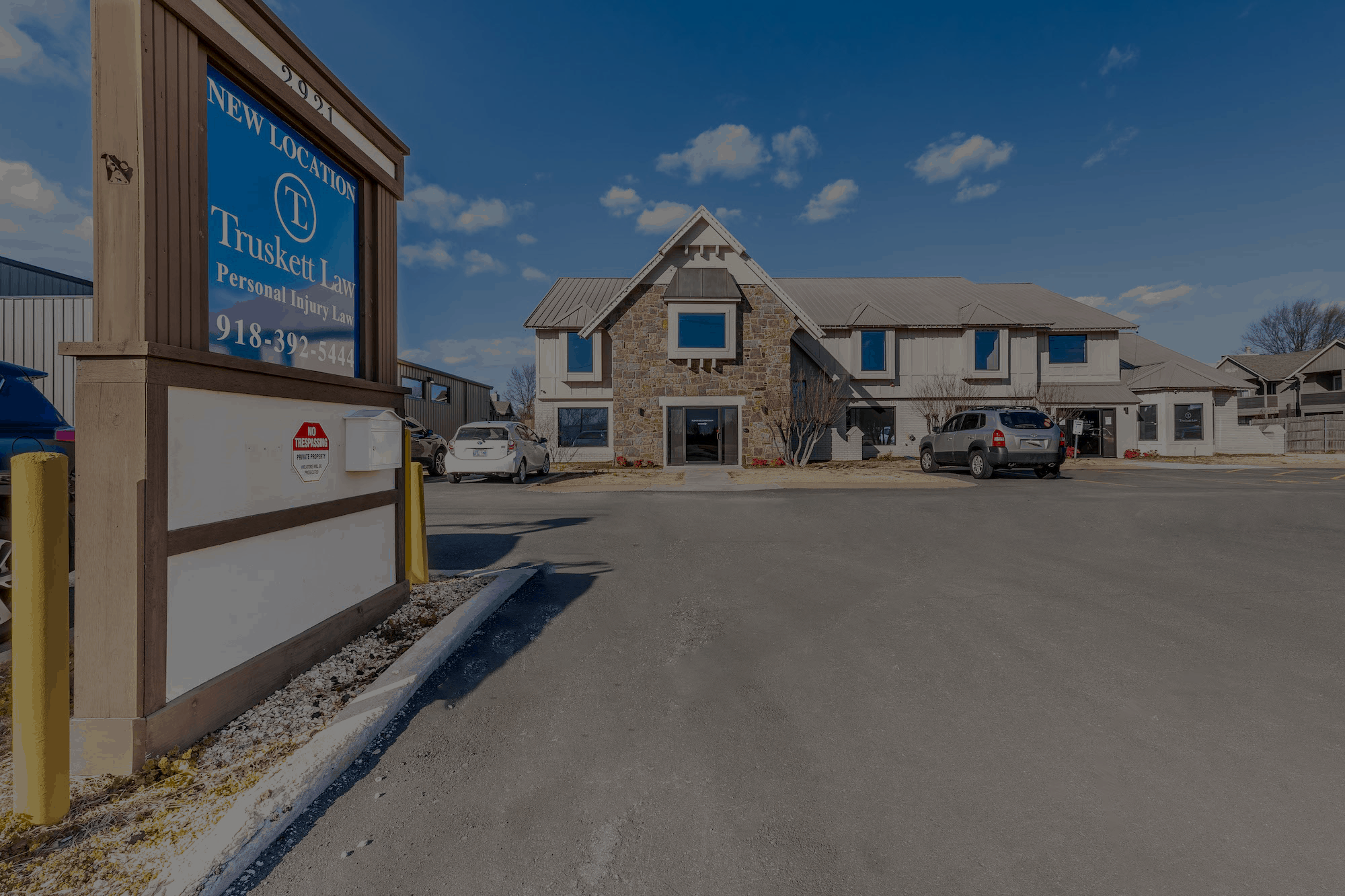
27 Feb Injury Cases Against Landlords: What You Need To Know
What you Need to Know About Injury Cases Against Landlords
Sometimes accidents happen on rental properties, just like anywhere else. Typically, when you’re injured, you can often file a personal injury case. After a car accident or when you have a slip and fall in a store, you have the option to seek compensation for injuries. This also applies to dangerous conditions on a property, like a rental property. So when an accident occurs at a rental, what happens?
So, can you file an injury case against your landlord as a tenant? Yes, you can file a personal injury lawsuit against your landlord. It’s important to know that your landlord may not be automatically liable for all injuries a tenant can suffer while residing at their rentals. Generally, landlords are responsible when the landlord’s action or inaction naturally and foreseeably caused your injury.
To have a successful legal case, you need to be able to show your landlord’s carelessness and how their actions contributed to your injury. Landlords can also sometimes be liable for damages to people visiting their rental properties or other guests.
Filing an Injury Case Against Your Landlord
Are you legally able to file a personal injury case against your landlord? What does that look like? For all of your personal injury case questions, we’ve got your answers! This is all you need to know about filing an injury case against your landlord.
Negligence
A common factor in many people’s personal injury cases is negligence. Negligence is established when someone is determined to have had a duty or care in a situation that gave rise to an injury. You, the victim of personal injury due to your landlord’s negligence, will need to show how your landlord failed to meet their duty when you file a claim. By showing how your landlord “breached” the duty of care, you can further prove their negligence by showing the injuries you suffered. Showing the actions taken or not taken that lead to the landlord failing to meet the required level of care under the circumstances will prove negligence.
Breach of Duty
“Duty of care” is the legal term referring to the responsibility one person has to avoid causing harm to someone else. Apartment buildings and landlords have a legal duty to keep their tenants and visitors safe from any hazards. When they know of a dangerous condition of the property, or they should know about it, and they fail to:
- Repair the hazard.
- Protect people from harm from it, or
- Give people an adequate warning about the dangers of the hazard,
then they’ve breached their legal duty. Landlords are supposed to inspect their property and discover any unsafe conditions. This should be done before the tenant moves in, before a lease is renewed, after the tenant moves out, and often at reasonably frequent periods.
In almost all states, landlords must provide livable rentals, even if it isn’t included in the lease or rental agreement. This means that tenants have the right to living conditions that meet essential health and safety standards. These state laws can vary, but those who don’t follow their state’s bare minimum health and safety standards are likely responsible for injuries sustained on their property.
A tenant, along with their personal injury lawyer, would have to prove that their landlord violated the implied warranty of habitability and the inferior living conditions. They’d have to prove further that these conditions lead to their injuries.
Determining Negligence of Landlord
In a personal injury lawsuit, the court will evaluate various factors to determine if your landlord was negligent. One aspect is control over a dangerous condition. Landlords are responsible for tenant injuries when they are legally obligated to repair and maintain their property. For example, if a tenant is injured in a common area on the rental property that’s supposed to be maintained by the landlord, your landlord is likely liable.
Another factor includes knowledge of a hidden danger. Landlords are required to notify their tenants about dangerous conditions that aren’t obvious. This could be an uneven floor or an access door located under a rug. Another negligence factor is the foreseeability of an accident. A reasonable person should be able to foresee something that could cause an injury; then, the landlord should take measures to prevent it. This does not include “freak accidents.”
A fourth factor is the cost and feasibility of reducing danger. When a reasonably priced and simple precaution can eliminate a dangerous condition, courts will usually hold the landlord responsible. Also, if a landlord fails to take reasonable steps to prevent an accident, then they’ll be held accountable. Landlords should take proper care to prevent tenant injuries. That’s the amount of care another landlord would use when facing similar circumstances.
Proving Fault: Comparative vs. Contributory

Once the duty of care has been established, your personal injury attorney can help to establish how your landlord breached the standard of care. For example, fault can be established by:
-
- The testimony of an eyewitness to the accident
- Victim’s testimony as to what happened
- The examination of evidence at the scene of the accident
Tenants must be able to demonstrate that their injuries were a result of their landlord’s carelessness and not from another reason. Sometimes, the link between a landlord’s negligence and the accident is obvious. At other times, the connection isn’t as obvious. There’s also a difference in types of fault. Sometimes landlords aren’t entirely responsible for a tenant’s injuries. Some courts use either a comparative or contributory fault approach to determine liability.
Comparative fault means that the court assigns a percentage of fault to the two parties. This can affect the tenant’s potential monetary award if the tenant’s responsibility is greater than the landlord’s. Contributory fault is when the court finds the tenant’s actions contributed in any way possible to the injuries. Very few courts rule this harshly.
What to Do After an Accident
If you’ve been injured in an accident, it’s essential that you first seek medical attention. Only after you’ve received the proper attention should you pursue filing a claim. Seeking medical attention can also help you to document your injuries.
You’ll want to have an appropriate record of your injuries to support your case. By collecting evidence like medical documents, police reports, medical billing, loss of wages, photo and video, physical evidence, witness statements, and a pain journal, you can use these as documentation of how your personal injury has affected your daily function. A personal injury attorney will help you to obtain any evidence needed for your case.
Common Accidents on Rental Properties
Here are a few examples of common accidents that can happen on a landlord’s property:
- Injuries from broken stairs
- Falling through rotted or weak floors
- Falling in hidden sinkholes
- Injuries from collapsing decks
- Falling from weak railings or banister
- Sliding or falling on a surface that becomes easily slippery
- Tripping on an obstacle that can be easily fixed
- Injuries from an unprotected elevator shaft
Common Injuries
These accidents that occur on a landlord’s property can sometimes cause severe injuries. These include injuries like broken bones, especially from trying to break your fall, spinal injuries, head injuries, strains, sprains, and muscle tears. Older adults are especially prone to becoming hurt. They’re more likely to trip on a hidden danger or lose their balance. They often aren’t able to break their fall as quickly.
Who Can File a Lawsuit Against a Landlord?
If you live on a rental property, you can file a personal injury case against a landlord. However, these aren’t the only people who can file a lawsuit against them. If you are injured on rental property in an accident, then you can file. If you’re a tenant, a person visiting a tenant, a business visitor, and trespassers, then you can sue for your injuries.
Compensation
When you are injured in an accident and file a case, you typically seek to recover compensatory damages. These cover the losses you sustained from your injuries. This can include medical bills, lost wages, lost earning capacity, and pain and suffering.
When Should You File a Claim?
Each state has a statute of limitations where you have a limited time to file a lawsuit. In Oklahoma, the statute of limitations is standardly two years. If you don’t file a lawsuit within this time frame, it can be easily dismissed.
Truskett Law: Your Personal Injury Lawyer
If you’re looking for a personal injury lawyer to help you make a case against your landlord, Truskett Law is here to help! We proudly serve the Tulsa community and strive to help our clients win their personal injury cases. By meeting with us or calling us, we can help determine the best course of action for you. We care for you very deeply, and every case that crosses our path! Our dedicated lawyers have over 13 years of experience exclusively in personal injury law. Contact us for a free personal injury claim consultation.
Don’t risk it. Call Truskett.


Sorry, the comment form is closed at this time.